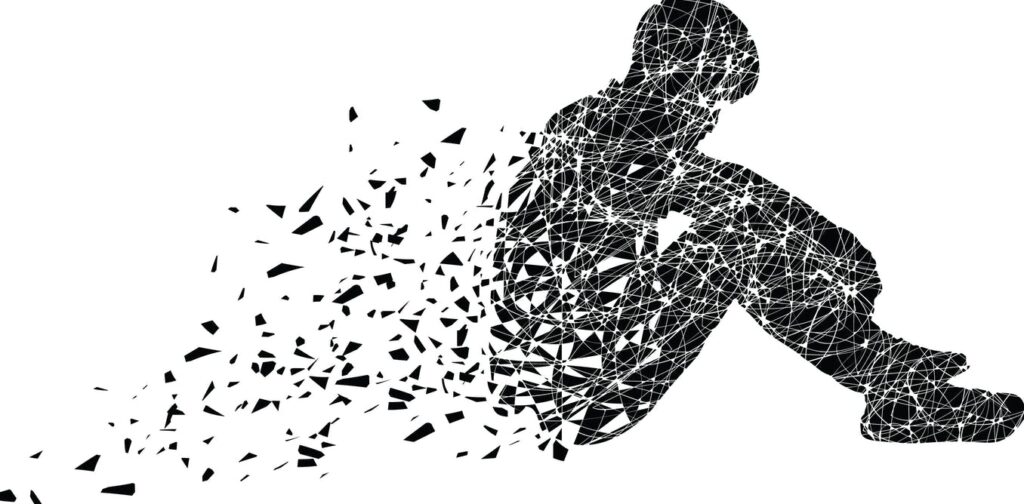Being sad is a normal reaction to difficult times in life. But usually, the sadness goes away with a little time. Depression is different from usual mood fluctuations and short-lived emotional responses to challenges in everyday life.
In contrast to normal sadness, clinical depression is persistent, often interferes with a person’s ability to experience or anticipate pleasure, and significantly interferes with functioning in daily life.
If you have been experiencing any of the following signs and symptoms for at
least two weeks, you may be suffering from depression:
● Persistent sad, anxious, or “empty” mood
● Feelings of hopelessness or pessimism
● Irritability
● Feelings of guilt, worthlessness, or helplessness
● Decreased energy or fatigue
● Difficulty sleeping, early morning awakening, or oversleeping
● Loss of interest or pleasure in hobbies and activities
● Moving or talking more slowly
● Feeling restless or having trouble sitting still
● Difficulty concentrating, remembering, or making decisions
● Changes in appetite or weight
● Thoughts of death or suicide, or suicide attempts
● Aches or pains, headaches, cramps, or digestive problems without a clear physical cause that do not ease even with treatment.
Cause of depression
Depression results from a complex interaction of social, psychological and biological factors. People who have gone through adverse life events (unemployment, bereavement, psychological trauma) are more likely to develop depression.
Treatment of depression
Depression affects each individual differently. There is no “one-size-fits-all” for treatment. It may take some trial and error to find the treatment that works best. Even the most severe cases of depression can be treated. Depression is commonly treated with medication, psychotherapy (also called “talk therapy”), or a combination of the two. Antidepressants are medications commonly used to treat depression. People respond differently to antidepressants, and you may need to try different medicines to find the one that works best. There are many different types of psychotherapy, such as cognitive-behavioral therapy or interpersonal therapy. The particular approach a therapist uses depends on the condition being treated and the training and experience of the therapist. Therapists also may combine and adapt elements of different approaches.
Role of family & friends
Depression is not a sign of a person’s weakness or a character flaw. The truth is that most people who experience depression need treatment to get better. Well-meaning friends or family members may try to tell someone with depression to “snap out of it,” “just be positive,” or “you can be happier if you just try harder. If you are a friend or family member of a person with depression, you can
offer emotional support, understanding, patience, and encouragement. But never dismiss his/her feelings. Encourage him/her to talk to a mental health professional, and remind that, with time and treatment, he/she can feel better.


